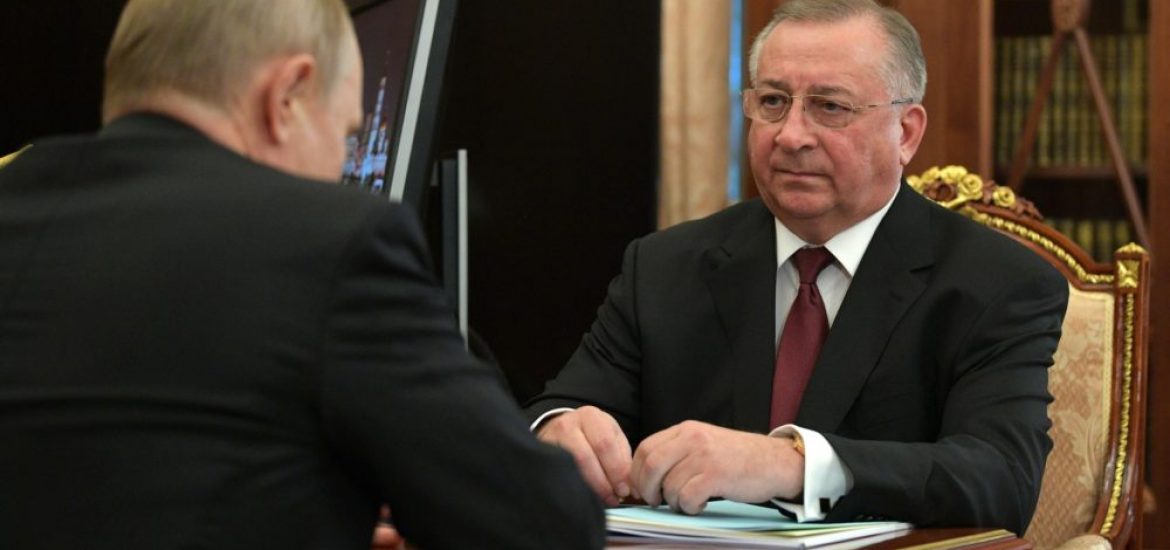
Russian oil pipeline monopoly Transneft has paid compensation to 14 firms in Kazakhstan over tainted oil deliveries.
In April, Russia was forced to shut down its Druzhba pipeline supplying Europe for two months after a chemical that could damage the refining equipment was found in oil exports.
Transneft has agreed to pay up to US$15 per barrel for contaminated oil to the companies that were sending oil through the Soviet-era Druzhba pipeline and the Baltic port of Ust-Luga. The companies then need to agree to compensation with their European customers.
Moscow blamed the Druzhba crisis on sabotage by a criminal gang that was stealing from the pipeline before it left Russia, which increased concerns over corruption and low standards within Russia’s energy sector.
More than 35 million barrels of oil were affected and analysts feared it could take months to fully resolve the contamination issue.
Russia said recovering the tainted oil would cost no more than US$100 million but every day after the pipeline closed on April 25, Russia lost US$80 million in revenue.
In October, Russia and Hungary signed a settlement for tainted oil and 38 Kazakh firms are reportedly set to get compensation this week, Transneft paid the first 14 Kazakh firms.
Transneft said the oil was intentionally contaminated in the Samara-Unecha section.
The Kremlin mouthpiece Tass reported that compensation had been sent to the first 14 Kazakh companies. There might be delays in payments over paperwork issues, Reuters reported.
The disruption to oil exports proved deeply unwelcome to Moscow.
Oil and gas output remains a key earner for Russia, accounting for about 40 per cent of state revenues.
Russia is a top-three crude producer and the world’s second-largest gas supplier.
With Russian exports, a popular saying is that gas is the power and oil is the money.
While the Kremlin has used Gazprom’s gas pipelines to play politics in Europe, oil is pure business, critical for the country’s budget.
The chemical that caused the crisis in April was carbon tetrachloride, a lethal chemical controlled under an international agreement.
The Russian Energy Ministry initially said that the oil was contaminated with dichloroethane, a toxic substance used as a grease and paraffin solvent with strong corrosive properties.
An interview without coffee: president of Transneft Nikolai Tokarev is publically grilled by Russian President Vladimir Putin in the wake of the crisis. Picture credit: Kremlin





